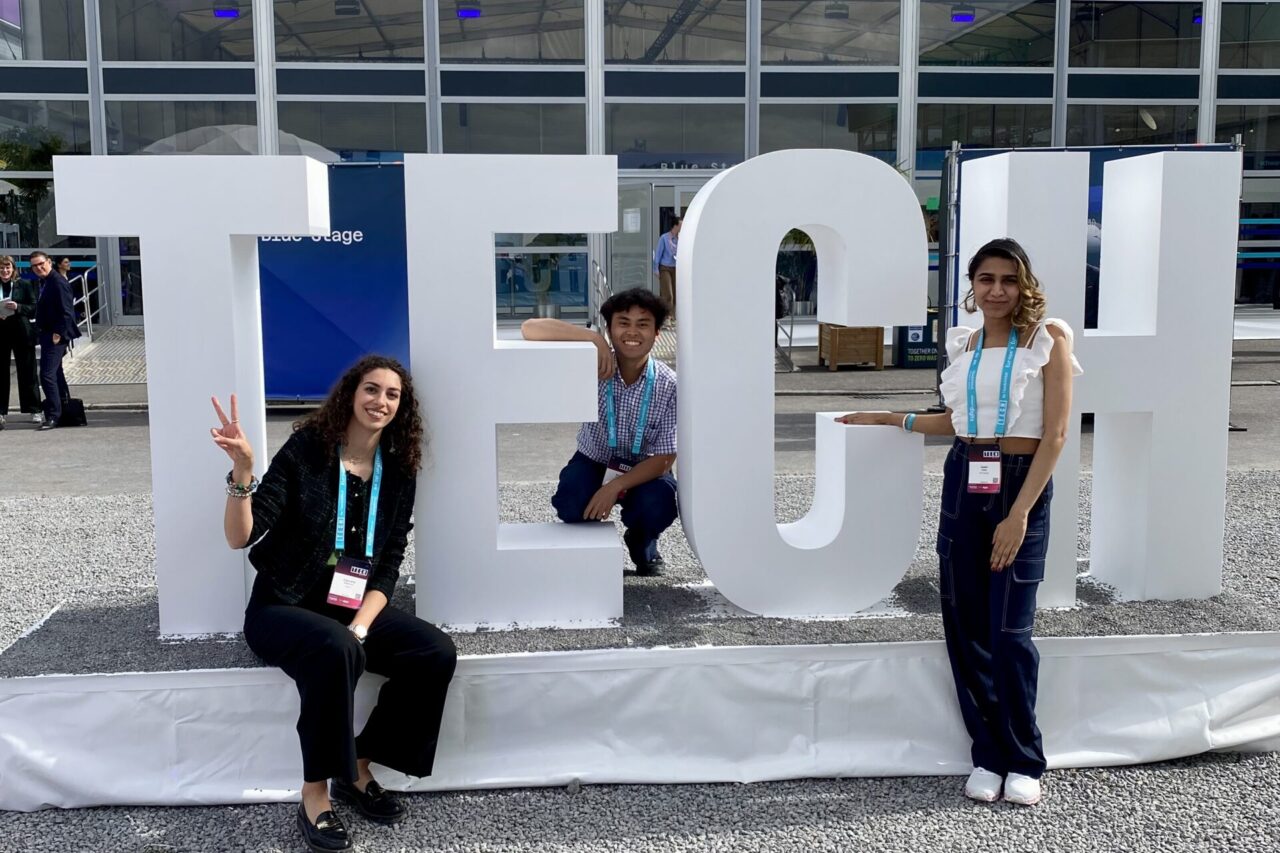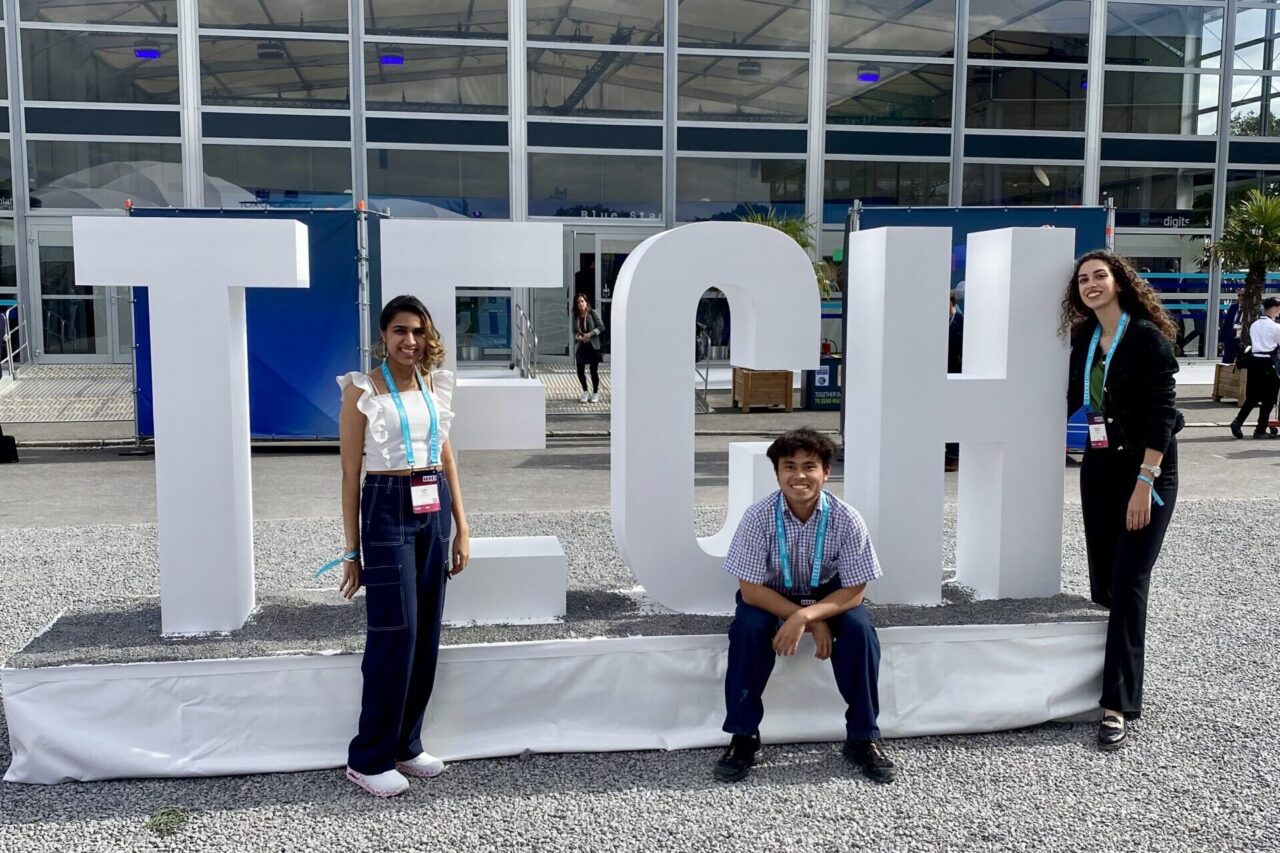The key to mitigating the spread of COVID-19 is early detection and quarantine. As many of us already know from the daily news cycle, the proliferation of the virus occurs when people, who look and feel healthy go about their daily lives spreading the virulent particles during the corona virus’ incubation period. With vaccines several months, possibly even years, away and the capacity for testing limited, what if the likelihood of illness could be determined by simply speaking into an app?
Hacking Through a Crisis – Part III: “COVIDetector”
by Marianne Lucien, International Communications Officer, 23 April 2020

Team COVIDetector – Peter Tatkowski (left) and An-drea Tulimiero (right) (photo credit: Peter Tatkowski)
This machine-learning tool has the potential to detect impending illness with just the sound of your voice.
Tackling one of the world’s biggest challenges
Motivated to tackle one of the world’s most immediate and widespread challenges, Peter Tatkowski and Andrea Tulimiero – two talented Computer Science graduate students at ETH Zurich, who also happen to be roommates - teamed up to hack their way through this crisis in the recent HackZurich #CodeVsCOVID19 hackathon. This team set out to develop an open source tool that uses machine learning to output a probability that someone will become ill in the coming days, as well as, a framework for anonymously gathering consensual data samples.
Hearing anonymous voices
The platform they developed will host a comprehensive dataset for the scientific community to carry out research on early disease detection. Employing machine-learning techniques, their two-person team, “COVIDetector” created an app that gathers anonymized voice samples. The app assigns registered users a cryptographically random 32-byte encryption key to group samples anonymously to ensure data privacy and protection. While several voice-recognition software programs exist to detect disease, what makes this model different is its use of state-of-the-art voice analysis, its use of time series analysis for better classification, and its generalized approach.
Seeing the potential
The team anticipates that the model could apply to not only COVID-19 research, but also to research for other diseases. “I thought this idea really had potential, so I felt motivated by the fact that this product could really make a difference if it is deployed globally,” said Peter Tatkowski. Tatkowski currently focuses on machine learning as part of his Master’s thesis and put his knowledge into practical use during the hack. Andrea Tulimiero, who is writing a Master’s thesis in network security and a background as a full-stack web developer, also brought his talent to the table contributing to the data security and protection elements of the platform the team created in just the one-weekend-long hackathon.
Further information
Video demo: https://youtu.be/6ox3OHr9Sdg or https://www.youtube.com/watch?v=6ox3OHr9Sdg
Project page: https://devpost.com/software/covidentifier-19
Link to all CodeVsCOVID19 projects: https://codevscovid19.devpost.com/submissions
Project page: https://devpost.com/software/covidentifier-19
Link to all CodeVsCOVID19 projects: https://codevscovid19.devpost.com/submissions
Contacts
Related Posts
comment
Please activate comment.





